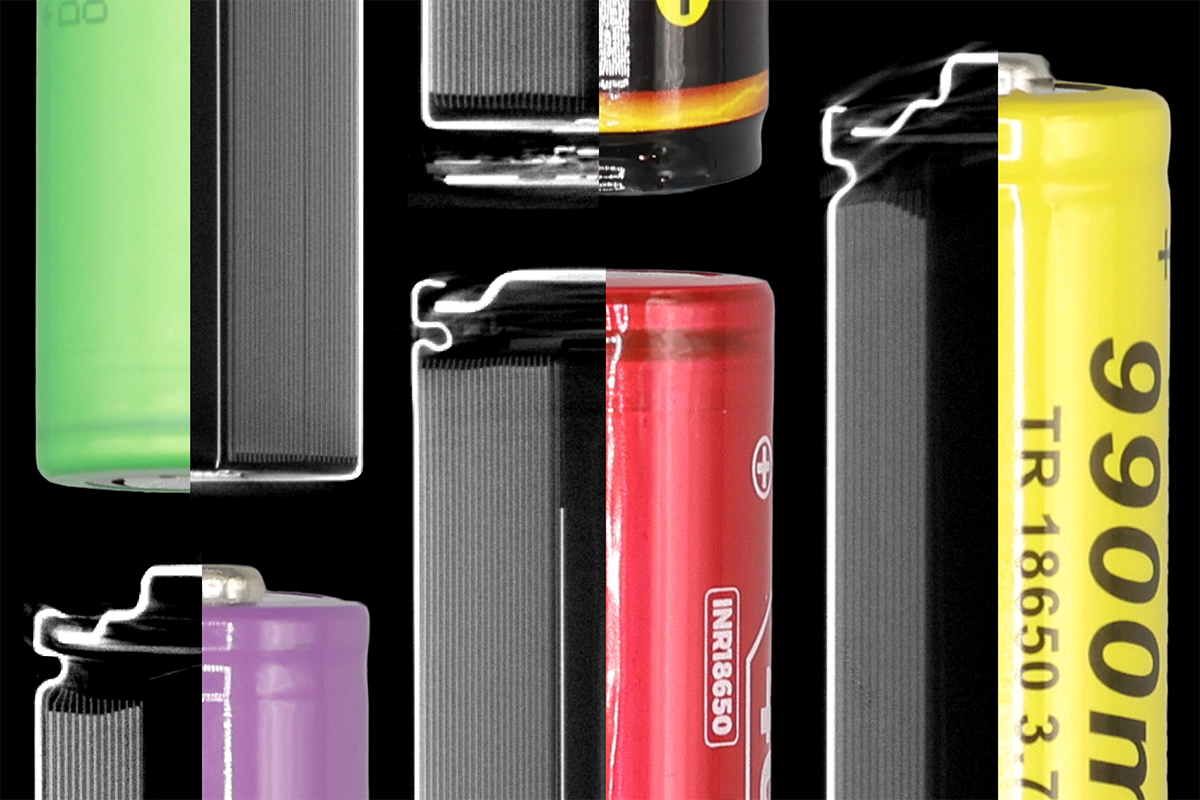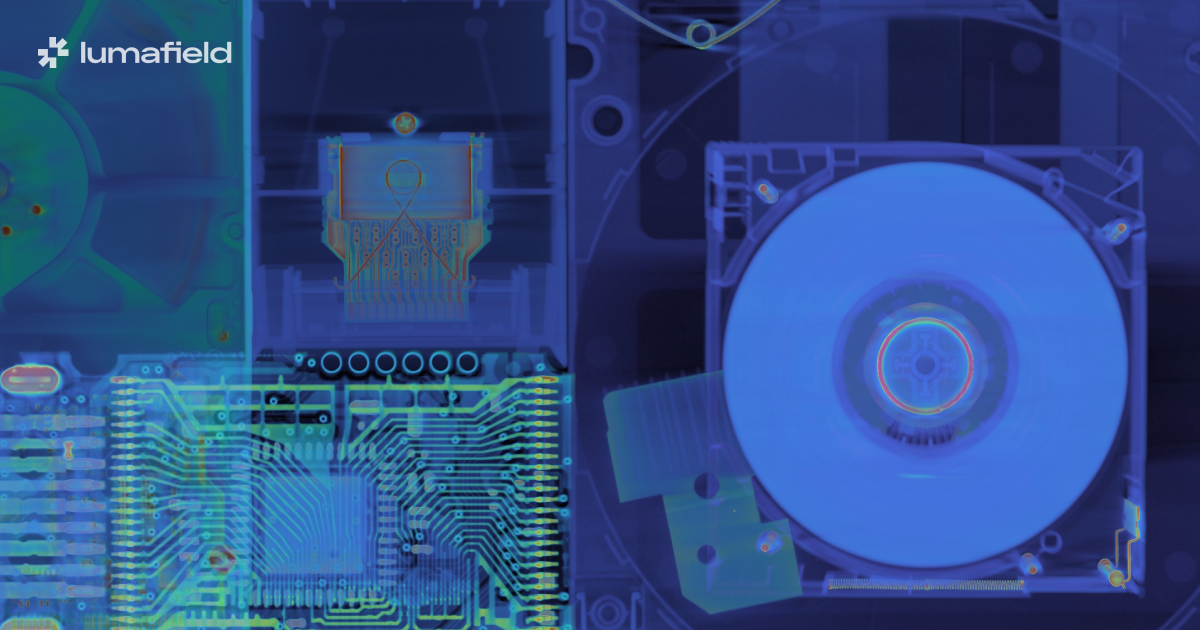Lumafield Announces New Battery Analysis Module
Lumafield today announced the launch of its Battery Analysis Module, a powerful new tool designed to enhance the safety and quality of batteries. The module provides automated tools for measuring anode overhang distance, detecting debris and contaminants, assessing can integrity, and identifying common defects such as layer delamination. Combined with powerful trend analysis and statistical process control tools, the Battery Analysis Module provides a total quality solution for battery producers and gives manufacturing managers full confidence in the products they ship.
Lumafield’s Battery Analysis Module is the latest addition to Voyager, the company’s cloud-based software for analyzing industrial X-ray Computerized Tomography (CT) scans. Voyager is seamlessly integrated with Lumafield’s CT scanners—the office-friendly Neptune scanner and the automated, line-ready Triton inspection solution—to form a single, unified platform that gives engineers unprecedented insight into their products at every stage of the product development process, from initial R&D through high-volume production.
Lumafield will offer live demonstrations of Voyager as well as the Neptune and Triton scanners at IMTS in Chicago, September 9-14 in the East Building, booth #134740.
A press packet with images and animations is available here.
The High Stakes of Battery Manufacturing
The global battery manufacturing industry is experiencing unprecedented growth, driven by increasing demand for electric vehicles, renewable energy storage, and portable electronics. This surge is expected to continue, with the battery market projected to exceed $130 billion by 2030. However, with this growth comes significant risk. Battery manufacturing defects have led to catastrophic failures, including fires and explosions, which pose serious safety threats and can result in costly recalls.
Introducing Lumafield’s Battery Analysis Module: A Groundbreaking Tool for Battery Manufacturers
Lumafield’s Battery Analysis Module is a cutting-edge tool designed specifically for battery manufacturers. Leveraging the full richness of industrial CT data, the module offers advanced tools for detecting and visualizing critical defects in lithium-ion batteries, including contaminant detection, anode overhang irregularities, delamination, and geometric deviations in enclosures. It also tracks these attributes over time, giving manufacturing managers real-time insights into quality issues as they develop.
The Battery Analysis Module may be used alongside Lumafield’s own CT scanners as well as legacy CT systems through Uplink, which allows CT data from any scanner to be visualized, analyzed, and shared in Voyager.
“High-volume battery production is essential to the EV revolution, the global transition to renewable energy, and to the next generation of consumer and professional electronics,” said Eduardo Torrealba, Co-Founder and CEO of Lumafield. “However, the battery industry faces enormous challenges in quality control. Batteries need to be nearly flawless to avoid catastrophic failures, and traditional quality control tools can’t look deeply enough to find every defect. Industrial CT is the best all-purpose inspection tool for batteries, and our Battery Analysis Module gives engineers the tools they need not only to catch flaws in real time, but also to track quality trends and fine-tune their processes.”
The Battery Analysis Module will be available to select partners this fall, and to all customers in early 2025.
About Lumafield
Lumafield gives engineers the power to see inside their work in unprecedented detail, at every stage of the product development process. Lumafield’s industrial X-ray CT scanners and cloud-based analysis software have transformed both product development and high-volume manufacturing in industries as diverse as medical devices, athletic equipment, electronics, and consumer packaging.
Founded in 2019 and headquartered in Cambridge, Mass., with an additional office in San Francisco, Lumafield has received funding from investors including Lux Capital, Kleiner Perkins, DCVC, Spark Capital, Haystack Ventures, Tony Fadell’s Build Collective, and Figma founder Dylan Field.
Learn more at Lumafield.com, or contact press@lumafield.com.







.png)


.png)
.png)